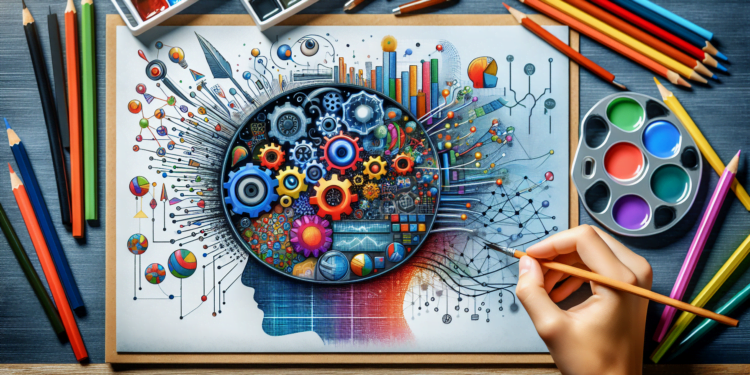Relational Statistical Learning (RSL) emerges at the confluence of statistics, artificial intelligence, and databases, constituting a subdiscipline that focuses its attention on the analysis and modeling of data structured in complex relationships. Its cornerstone lies in the ability to identify patterns in multidimensional data and provide inferences about interrelated entities in highly complex domains.
Theoretical Foundations of RSL
RSL is based on an amalgamation of algorithms and statistical models that have been adapted to the relational structure of data. Rooted in graph theory, models such as Gaussian processes, Bayesian networks, and conditional random fields allow for a probabilistic representation of dependence among entities. Techniques for regularization and optimization such as gradient descent and Tikhonov regularization are also crucial in preventing overfitting in these complex models.
Recent Advances in RSL Algorithms
The current wave of advances focuses on the improvement of relational deep learning, where convolutional neural networks (CNNs) are extended to work on arbitrary relational structures using convolution operators defined in non-Euclidean domains. Graph Neural Networks (GNNs), and their extension to Graph Attention Networks (GATs), enable efficient node-to-node representation learning, capturing subtleties in interaction patterns.
Emerging Practical Applications of RSL
An emerging practical application of RSL is in the area of personalized medicine, where the integration of clinical and genomic patient data and their connections with biomedical entities such as proteins and genes, using Graph Convolutional Networks (GCNs), has led to advances in predicting clinical outcomes and identifying potential therapeutic targets.
Comparison with Previous Work
Compared to earlier methodologies, RSL shows substantial improvements, such as instance-based classification and clustering methods, by incorporating relational structure. This incorporation reduces the effective dimensionality of the problem and improves predictive capability, as demonstrated by recent studies in social network pattern recognition and community detection in complex networks.
Projection of Future Innovations
In the future, improvements in the scalability of RSL algorithms are anticipated to address massive datasets with relational structures, enhancing areas such as the analysis of neural networks and bioinformatics. Combined with reinforcement learning, it is plausible to conceive RSL systems that make proactive decisions in dynamic and ever-changing environments.
Relevant Case Studies
A relevant case study is the implementation of RSL in optimizing supply chains. Here, GNNs are used to predict flows and bottlenecks, resulting in more efficient and adaptive planning. Likewise, in cybersecurity, RSL systems have enabled the detection of anomalous behavior patterns in networks by correlating events across multiple devices.
Conclusion
Relational Statistical Learning is posited not only as a cutting-edge tool in the manipulation and analysis of data’s relational structure but also as a catalyst for innovations that transcend the traditional boundaries of machine learning. With its ongoing evolution and deepening of technical aspects, RSL promises to be a central axis in the next generation of artificial intelligence systems.






















